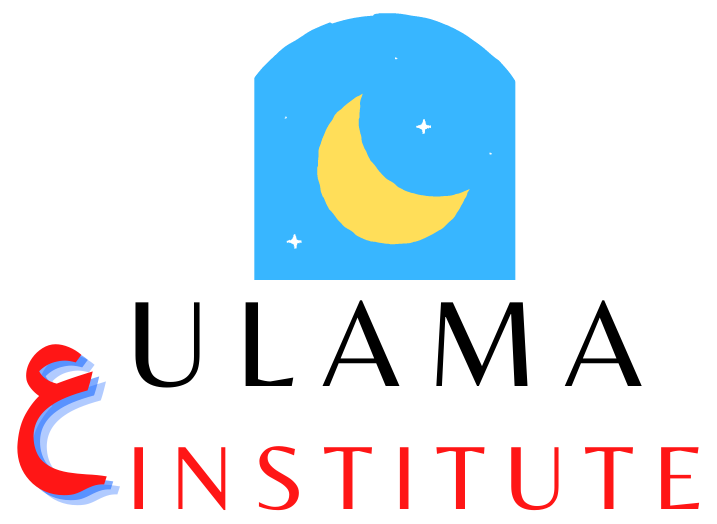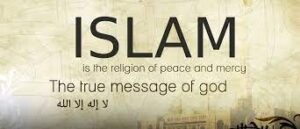
The conditions which make it obligatory for a Muslim to pay Zakah The wealth for which Zakah is obligatory
Ulama Institute #1
Looking to learn Arabic or memorize the Quran?
Check our Trusted Teachers

There are certain conditions that should be fulfilled for Zakah to be obligatory on a person. They are:
- The person must be a Muslim. A non-Muslim will not pay Zakah, even if he lives in a Muslim State.
- An insane person and a child are not held accountable for any of their actions. However, if an insane Muslim or a Muslim child possesses the amount of wealth that would make Zakah obligatory, then it would be the duty of the guardian or person responsible for either one of the two, to give Zakah from their wealth on their behalf.
- The person must possess the nisaab of Zakah.
- The person must have had this wealth for a period of one year.
The nisaab of Zakah is that amount of wealth which makes it obligatory on a person to give Zakah. If a person possesses, beyond his daily needs and necessities, the specified amount, then it would be said that he is in possession of the nisaab of Zakah.
The nisaab of Zakah is equal to the following:
85 grams of gold
595 grams of silver
Cash/Shares to the value of the lesser value of the above two
Sales merchandise to the value of the above
Immediately obtainable debt to the value of the above
40 goats or sheep, 30 heads of cattle and 5 camels
If a person possesses any of the above, which in excess of his daily needs, then he has the nisaab of Zakah.
Zakah will be paid on the following items:
Gold and Silver: With regard to gold, the minimum amount that would make a person liable for Zakah is twenty Dinaars. The possessor must pay 2.5% of it for Zakah. The minimum amount for silver is 5 awqiyah which is 595 grams; 2.5% of it must also be paid for Zakah. The amount of gold and silver owned by a person will also be merged if the owner does not reach the minimum amount for each separately. If, together, they reach the minimum value of Zakah, he will pay Zakah on both of them each according to its rate. With regard to gold and silver, this would include actual gold and silver, currencies and coins in gold and silver. According to many scholars, if the jewellery is for personal use, then it would be exempt from Zakah.
Cash- Any currency that a person possesses. This would include cash in one’s own possession, cash in the bank, etc. Shares in companies or the market will also be included here; 2,5 % of the value would be given as Zakah.
Debtors – Any amounts of money owed to the person. Here it is important to make the distinction between debts that are retrievable immediately and debts that cannot be retrieved immediately. The first category (immediately retrievable) would fall into items on which Zakah is due immediately. Two and half percent (2,5 %) of the value would be given as Zakah. The second category would not be included in items on which one would pay Zakah immediately. Only once the loan amount is received would it be considered. The same applies to the case where one is not sure whether the debt will be repaid or not.
Merchandise – Any items that a person possesses for the purpose of selling. This includes merchandise, real estate, precious stones etc. According to some scholars, items which are in ones possession for the purpose of resale but are being stored until such time that the price increases would only be liable for Zakah in the year that they are sold. Tow and half percent (2.5%) of the value would be given as Zakah.
Livestock – Zakah is due on the following animals.
Camels – One sheep is due for every five camels up to 24 and from 25 to 75 camels, one camel is payable.
Cattle-A one-year old calf is due for every 30, and for every 40 a two-year old is due.
Goats and sheep – One sheep is due for every forty owned.
Agricultural Produce – Zakah will have to given on produce at the time that the fruit has ripened. The condition of it being in possession of the person for one year does not apply here. Ten percent (10%) of the crop would be due if the fields were watered with natural watering (rain, etc). If the fields were irrigated at the owners expense (sprinklers, etc) then only 5% would be due.
A person will not pay Zakah on possessions such as clothes, furniture, cars and homes that are for personal use. He will also not pay Zakah on items such as factories, fixtures and fittings, equipment and machinery, and liabilities.
Imitation jewellery and precious stones such as diamonds that are for personal use are also exempt from Zakah
Allah ﷻ has made all things easy and simple for people. In the case of Zakah, every single avenue of contention is covered. This is a clear indication of the magnitude of this pillar of Islam.







